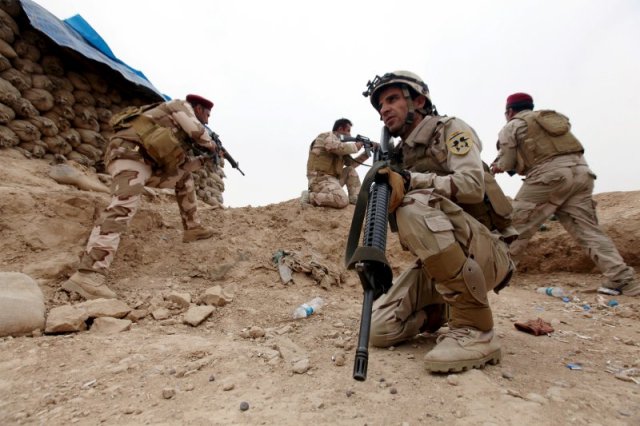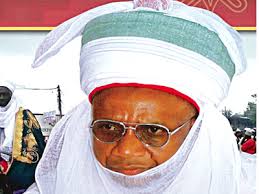FG can seize assets of citizens who can’t explain their wealth – Osinbajo

…Says Nigeria targets $534bn GDP by 2030 with reduced corruption
‘No reason why any Nigerian should have to pay bribes to law enforcement agents’
Mathew Dadiya, Abuja
The Federal Government can seize assets from citizens who cannot explain the source of their wealth, Vice President Yemi Osinbajo said on Tuesday.
The vice president also disclosed that the nation’s Gross Domestic Product (GDP) could be up by at least $534 billion if the issue of corruption is mitigated.
Osinbajo stated this while declaring open a summit on Anti-Corruption organised by the Presidential Advisory Committee Against Corruption. (PACAC) in Abuja.
He said: “The Supreme Court in a lead judgment of Akaahs JSC, recently held that forfeiture under Section 17 of the Advanced Fee Fraud and Other Related Offences Act is a civil process which neither requires the criminal conviction of the property owner nor his innocence.
“This opens the door for forfeiture of assets that the purported owner cannot explain, whether or not an allegation of corruption is made.”
Osinbajo regretted that for years, corruption has been by far, Nigeria’s most devastating problem.
The Vice President noted that if the country reduced corruption by about 20%, it can actually have higher GDP.
Osinbajo warned that “there is no reason why any Nigerian should have to pay bribes to law enforcement agents for obtaining drivers licences or passports, or to clear goods at our ports.”
He said that it was for these reasons that President Muhammadu Buhari “famously warned that if we don’t kill corruption, corruption will kill us.”
The vice president further declared that the Buhari administration is now poised to deal with the wider problem of systemic corruption, especially where the average person interacts with government.
“This is why a major pillar of our government’s socio-economic agenda is the fight against corruption. And which is why perhaps one of first bodies to be set up in 2015 by the President was PACAC,” he said.
According to him, it really doesn’t matter how much revenue a country makes or how transformative its plans are; if it allows corruption to thrive; if it ensures that the majority of the people do not benefit from all of the revenues or all that the country is able to produce; it simply truncates the plans of the nation.
He noted that it was for these reasons that despite the highest oil revenues in the nation’s history (the period between 2010 and 2014), debt doubled and poverty figures rose.
Osinbajo said: “Since 2015, much has been done in this battle against corruption.
But we are not even slightly deluded into thinking that we have won the battle, certainly not. We are still very far away but we must admit that we are much closer to finding solutions than when we began.
“Our policy was to tackle grand corruption first. By this I mean the stealing of huge public resources directly from the treasury, usually at the behest of the highest levels of executive authority and the stealing of budgeted funds through various schemes.
“How did we go about this – the enforcement of TSA, the Presidential Initiative on Continuous Audit, and even ensuring that most civil servants are on the IPPIS electronic platform (which simply is our way of ensuring that there are no ghost workers by putting all public officials including those in the Armed Forces and the police on the electronic payment platform) and this has greatly reduced ghost workers and ensured that all of our human resources are accounted for electronically”.
The VP said that the Presidential Advisory Committee Against Corruption certainly deserves commendation, not just for their sterling, innovative contributions to the fight against corruption but for regularly setting the agenda for important conversations on the subject.
This meeting, called to discuss “A collaborative approach to eradicating the evils of Corruption” is notably one of such, he said
He stated that corruption is associated with erosion of talent in public institutions and therefore, government’s effectiveness is eroded; creation of unnecessary bureaucracy to enable further opportunities for bribes.
This, Osinbajo said, resulted in poor or lack of enforcement of contracts and property rights.
“Corruption is associated with lower investment; and higher prices and barriers to entry for businesses; and corruption is associated with lower average standard of living, education levels and greater inequality in society.
However, the Vice President said the most enduring solutions to ending corruption are those that take into account the fact the most potent weapon that corruption has, is its acceptance as the norm in any society.
“A situation where even the natural custodians of societal morality and values acquiesce in it, a situation where, in particular, religious pulpits, are silent about it,” he stated.








